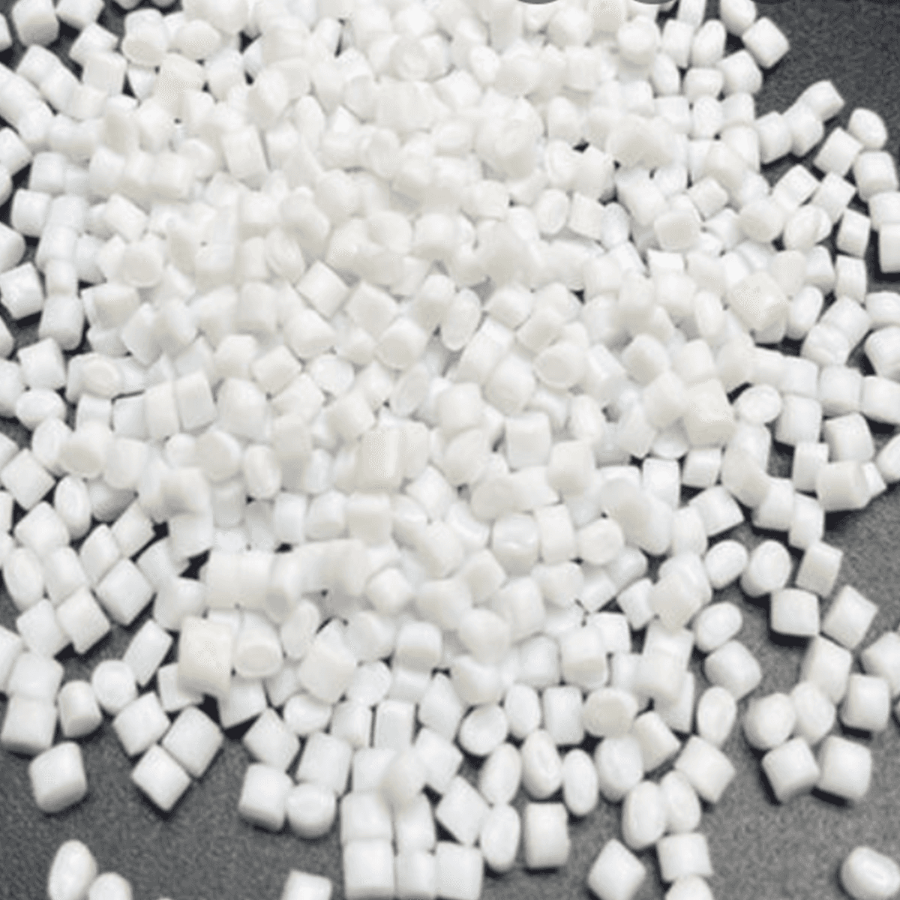In the world of plastics, polyethylene terephthalate (PET) has carved out a significant niche, particularly in the beverage and packaging industries. You might be familiar with the clear, lightweight bottles that hold your favorite drinks, but have you ever considered what goes into making those PET pellets? The secret behind their success lies in the strategic use of additives.
Enhancing Properties with Additives
Additives are essential components that are mixed into the PET resin during the pellet production process. They contribute significantly to improving the physical and chemical properties of the final product. For instance, the inclusion of stabilizers helps prevent degradation during processing and ensures that the PET retains its clarity and strength over time. According to a study by the American Chemical Society, additives like UV stabilizers can extend the life of PET products by preventing the breakdown caused by exposure to sunlight.
Moreover, colorants serve to provide aesthetic appeal. Whether it's the classic transparent look or vibrant hues, colorants open up a world of branding opportunities for manufacturers. Interestingly, the global colorants market is expected to reach $50 billion by 2025, reflecting the increasing demand for visually appealing products.

Optimizing Processing and Performance
Another critical aspect of additives is their role in optimizing the processing of PET pellets. Processing aids, such as lubricants, reduce friction during the melting and molding processes, making production more efficient. This helps in achieving a smooth flow of the material, which is particularly advantageous for complex mold designs.
Furthermore, the use of impact modifiers enhances the toughness and durability of PET products. This is especially important for applications where mechanical stress is a concern, such as in packaging and automotive parts. A 2022 report by the International Polymer Science Journal indicated that the right combination of impact modifiers can increase the impact resistance of PET by up to 30%, making it a preferred choice for high-performance applications.
Environmental Considerations
In recent years, there has been a growing emphasis on sustainability within the plastics industry, and additives are no exception. Biodegradable additives are now being developed to enhance the eco-friendliness of PET products. These additives facilitate the breakdown of PET in landfills, addressing the critical issue of plastic waste.
Additionally, recycling agents are being introduced to PET pellet production to improve the reusability of recycled materials. According to the Association of Plastic Recyclers, incorporating these agents can enhance the quality of recycled PET, making it more suitable for producing new items. This not only promotes a circular economy but also reduces the demand for virgin materials, aligning with global sustainability goals.
Additives are the unsung heroes in the production of PET pellets, significantly enhancing their properties, improving processing efficiency, and addressing environmental concerns. As the demand for PET continues to grow, the importance of these additives will only increase. By understanding their role, manufacturers can innovate and create better products while also contributing to a more sustainable future.